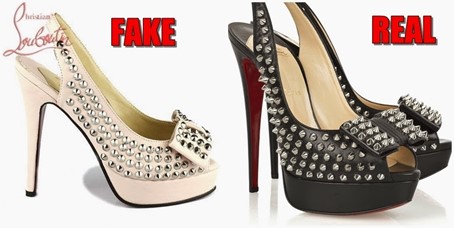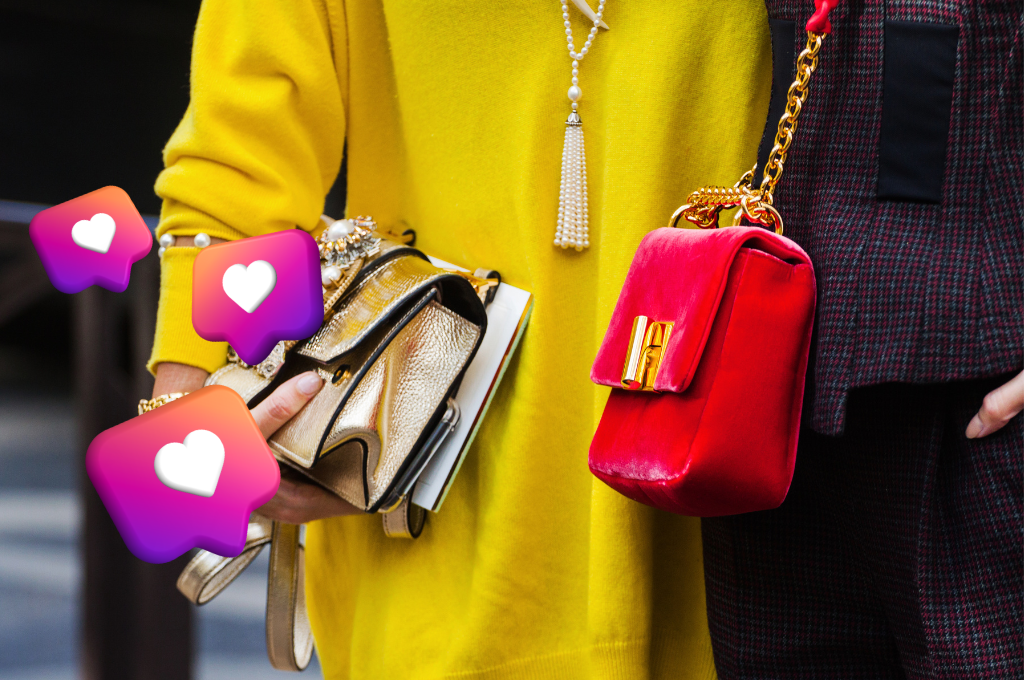Counterfeits provide an opportunity to make money at the expense of well-known brands, whose trademarks or products are recognizable and often already have a good reputation. The mere making of a product confusingly similar to a renown good is often insufficient, that’s why counterfeiters use trademarks to which they do not have any rights.
In recent weeks, we could all hear about Poczta Polska post office outlets where handbags with marks similar to Gucci and Yves Saint Laurent trademarks were spotted. The articles were offered at prices of approx. PLN 150, and their quality differed from that represented by the trademarks used by the exclusive brands. As a result, it could be assumed that outlets of the state-owned enterprise sold counterfeit goods.
The original products of the aforementioned brands are sold in cooperating stores or brand boutiques, and their prices start from several thousand Polish zlotys, not from a hundred Polish zloty. After the matter had been publicized on the Internet and following numerous reactions from Internet users, the Poczta Polska company tried to explain the situation by claiming that the products offered came from the brands’ official distributors and that they were original and had all necessary certificates. When such explanations turned out to be insufficient, the company stated that the products offered by the manufacturer were mistakenly sold in their outlets, as the articles in question should never have been sent to Poczta Polska outlets and branches and they were withdrawn from sale.
If the owners of the renowned trademarks had been willing to verify the legal situation and pursue their claims, it would have been problematic to determine how many people bought the goods in question.
On the other hand, here, a strong and immediate reaction on the part of the owners of the original products to the violations was very significant. A quick response is crucial to secure material evidence and documents allowing to demonstrate unjustified enrichment and possibly material or reputational damage, and the amount of compensation depends on the amount of the damage suffered. Current regulations also require a prompt reaction from the trademark holder in order to obtain a court order banning the sale of counterfeit goods.
Although the trade in counterfeit goods is illegal, it is still promoted on a massive scale. An example are products offered on the popular social media platform, where you can come across “a cheaper Chanel,” or items marked with trademarks of well-known and popular brands, especially those exclusive ones. Such posts are published more and more often, so you should be aware that as the recognition of your brand increases, there may appear counterfeit goods marked with the logo you use, which may be registered as a trademark.
At this point, it should be emphasized that it is worth protecting your trademark by registering it with the competent office (i.e., the Patent Office of the Republic of Poland or the European Union Intellectual Property Office (EUIPO)), as in the event of a similar situation, i.e., infringement, you will be able to assert your claims.
The practice of selling counterfeit goods on Meta platforms, i.e., Facebook or Instagram, has also affected the Christian Louboutin brand, whose counterfeits were offered through dozens of profiles on both platforms by a certain Mexican. This violated not only the French brand’s IP rights, but also the principles of using the Internet platforms and, as a result, the infringer was sued not only by the designer, but also by Facebook and Instagram.
Counterfeits are also offered on popular sales portals, but increasingly often the portals implement solutions to prevent the trade in counterfeit goods, e.g. by thorough verification of sellers, of which the Amazon platform is a good example.

There are entities who want to make money by taking advantage of the recognizability of articles relating to or imitating products bearing trademarks of the brands that enjoy a good reputation. In social media and on other platforms, there are items offered similar to the products by Gucci, Chanel, Yves Saint Laurent or Louis Vuitton, which are synonymous with luxury and elegance. Such entities gain publicity and advertising on Internet platforms by being presented by celebrities or influencers. And it happens that consumers, wanting to imitate their favourite celebrities, resort to buying counterfeit goods.
Those risks should be considered when you promote the goods you develop and offer on Internet or social media platforms. Hence, it is necessary to make holders of trademarks and industrial designs and their official distributors aware that in the event that they spot suspicious goods that do not have certain characteristics, e.g., which are too cheap or sold in places that have never offered such products, they should report such cases. Because counterfeits can mislead or even pose a threat to consumers.
According to a study conducted by the European Union Intellectual Property Office (EUIPO), as regards the clothing and cosmetics industries as well as the toy industry, counterfeit goods continue to generate costs amounting to 16 billion euro and almost 200,000 jobs per year, which makes counterfeiting an increasingly genuine problem of the European Union. In addition to economic losses and the negative impact on the job market, the report emphasizes the fact that counterfeiting fuels organised crime, undermines trust in the rule of law and negatively affects the environment. Furthermore, counterfeiting in the cosmetics and toys industries poses a serious risk to consumers’ health and safety. And, according to an IP crime threat assessment conducted by the EUIPO in 2022, harmful products account for 15% of counterfeit articles confiscated at EU borders.
Infringement cases should be reported to competent state authorities which search for and punish manufacturers, distributors or sellers responsible for creating counterfeit goods. In addition, when they are related to a website or a social network, such infringements should also be reported directly to the entities concerned, because as a result of this type of third-party illegal activities, the entities’ reputation also suffers. State authorities, as well as agencies responsible for monitoring violations on specific platforms, are obliged to notify holders of exclusive rights.
It is worth taking measures that may provide protection against the aforementioned counterfeiting of goods and its disastrous effects:
- It is crucial to ensure that your products are protected by registering the trademarks with which they are marked, or to protect their external form by registering an industrial design or their technical features by registering a utility model.
- Next, the entrepreneur should monitor the market, both on specific social media platforms, sales platforms, and goods offered on various websites.
- In turn, an experienced professional can provide assistance in designing a campaign and monitoring the market, advise on how to protect your intellectual property, and in the event of violations, they will take appropriate measures to protect the products you offer. Experts with knowledge in specific fields, such as patent attorneys, advocates or attorneys-at-law, can help you take relevant action.
So, as the saying goes: “prevention is better than cure,” it is better to prevent violations and take relevant steps before the situation arises in which action needs to be taken to have infringements remedied.



